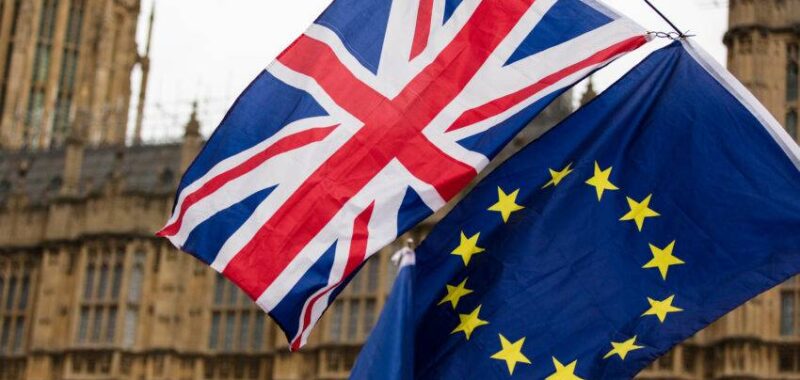The UK’s premier business entity has cautioned the government that the ramifications of Brexit are still causing distress to firms, urging immediate action to enhance relations with the EU.
In a missive addressed to Chancellor Jeremy Hunt ahead of his budget presentation on March 6th, the British Chambers of Commerce (BCC) underscored that recent positive developments such as the Windsor Framework and the UK’s reintegration into the EU’s Horizon programme demonstrate the potential for constructive collaboration between the UK and EU. The BCC stressed the importance of leveraging this improved relationship to alleviate the operational burdens faced by companies.
Shevaun Haviland, Director General of the BCC, highlighted that businesses are yet to fully adapt to the trade barriers spawned by Brexit and are grappling with the current regulatory framework. Despite initial expectations that businesses would adjust post-implementation of new rules, Haviland lamented that this transition hasn’t materialised as anticipated.
The BCC’s latest trade survey in 2023 revealed stark figures: 77% of UK firms felt that the post-Brexit Trade and Co-operation Agreement (TCA) failed to contribute to their business growth, with 56% encountering difficulties in aligning the new trading arrangements with their sales and export strategies.
Haviland stressed the urgent need for political will to institute pragmatic changes that facilitate smoother transitions for businesses, emphasising the necessity for practical and realistic adjustments to ease the burden on enterprises.
The call for bolstered ties with the EU coincides with a raft of recommendations to the Chancellor preceding the budget announcement in March. Among these, the BCC advocates for reform in business rates and a reassessment of the VAT tax threshold, cautioning that current policies impede growth.
However, the BCC sounded a note of concern regarding impending regulations on physical checks for imports slated to commence in April. The organisation flagged the lack of clarity surrounding these checks and the financial burden associated with new charges for overseas imports intended to finance the system.
Efforts to obtain comment from the government were unsuccessful at the time of reporting.

